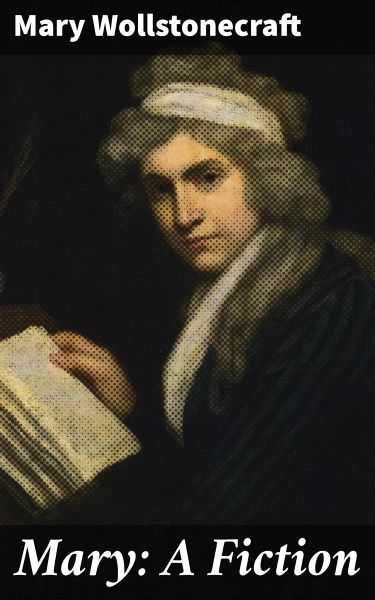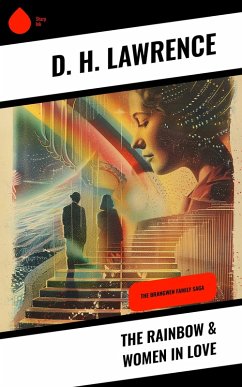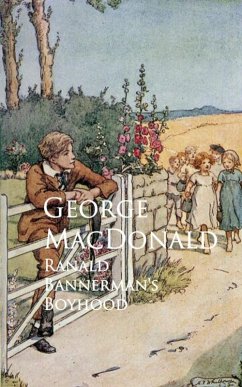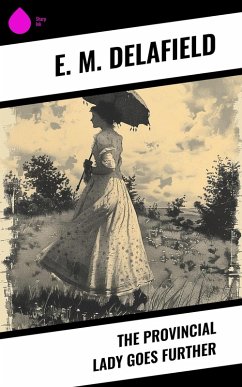
Mary: A Fiction (eBook, ePUB)
Enriched edition. Challenging Gender Norms: A Feminist Exploration in 18th Century British Literary Fiction
Kommentar: Gainsborough, Harriet / Redaktion: Good Press

PAYBACK Punkte
0 °P sammeln!
In "Mary: A Fiction," Mary Wollstonecraft delves into the complexities of female identity and the struggles for autonomy in a patriarchal society. This early work exhibits a rich narrative style imbued with philosophical rigor, blending fiction with social commentary. The story follows the protagonist, Mary, as she grapples with the oppressive confines of societal expectations and romantic entanglements. Through her insightful prose, Wollstonecraft critiques the limitations placed on women and envisions a more egalitarian existence, making it a significant contribution to feminist literature d...
In "Mary: A Fiction," Mary Wollstonecraft delves into the complexities of female identity and the struggles for autonomy in a patriarchal society. This early work exhibits a rich narrative style imbued with philosophical rigor, blending fiction with social commentary. The story follows the protagonist, Mary, as she grapples with the oppressive confines of societal expectations and romantic entanglements. Through her insightful prose, Wollstonecraft critiques the limitations placed on women and envisions a more egalitarian existence, making it a significant contribution to feminist literature during the late 18th century, a time when Enlightenment ideals were beginning to challenge traditional norms. Mary Wollstonecraft, often hailed as the mother of modern feminism, was an advocate for women's rights and education. Her experiences as a governess and her observations of the exclusion of women from various domains of life informed her perspectives. Wollstonecraft's own tumultuous relationships and her relentless pursuit of intellectual and emotional freedom catalyzed her passion to articulate the plight of women in her writing. "Mary: A Fiction" served as a platform for her revolutionary ideas, paving the way for future discourse on gender equality. This novel is essential for readers interested in the evolution of feminist thought and its literary expressions. Wollstonecraft's eloquent arguments are not only representative of her time but resonate in contemporary discussions about women's rights. Those seeking profound insights into the human condition and the intricacies of gender dynamics will find "Mary: A Fiction" both enlightening and inspiring. In this enriched edition, we have carefully created added value for your reading experience: - A succinct Introduction situates the work's timeless appeal and themes. - The Synopsis outlines the central plot, highlighting key developments without spoiling critical twists. - A detailed Historical Context immerses you in the era's events and influences that shaped the writing. - An Author Biography reveals milestones in the author's life, illuminating the personal insights behind the text. - A thorough Analysis dissects symbols, motifs, and character arcs to unearth underlying meanings. - Reflection questions prompt you to engage personally with the work's messages, connecting them to modern life. - Hand-picked Memorable Quotes shine a spotlight on moments of literary brilliance. - Interactive footnotes clarify unusual references, historical allusions, and archaic phrases for an effortless, more informed read.
Dieser Download kann aus rechtlichen Gründen nur mit Rechnungsadresse in A, B, BG, CY, CZ, D, DK, EW, E, FIN, F, GR, H, IRL, I, LT, L, LR, M, NL, PL, P, R, S, SLO, SK ausgeliefert werden.













